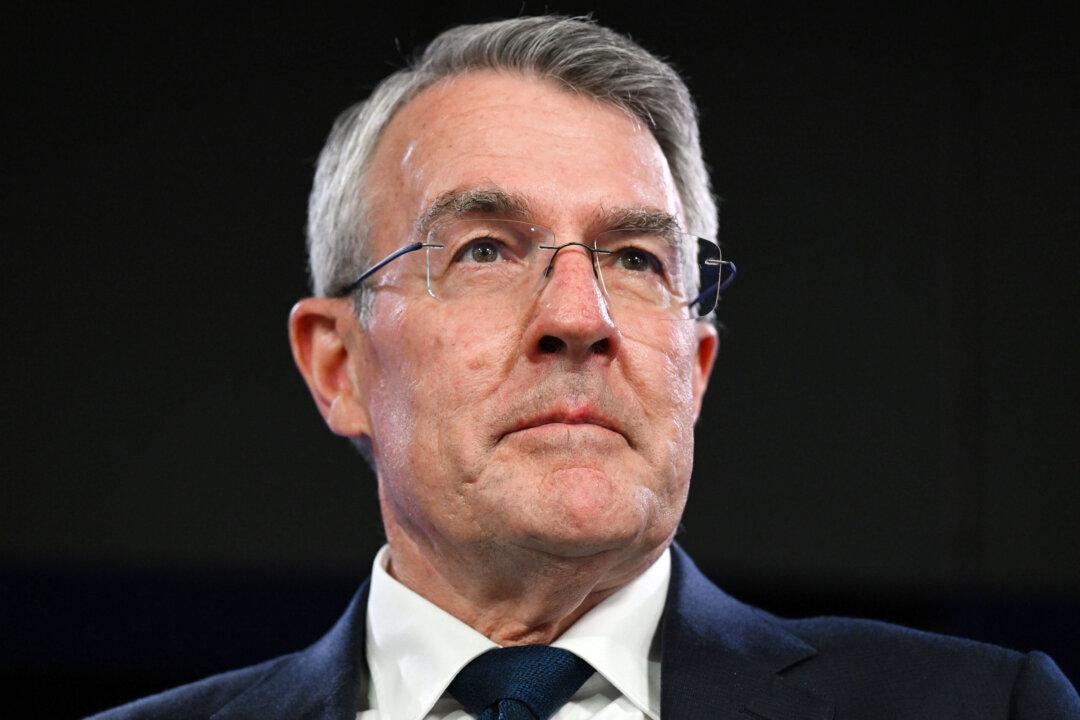Israel’s Deputy Foreign Minister Sharren Haskel has blamed Australia’s current leadership for a spike in antisemitism in the country.
Haskel made the statement on X following a high-level meeting with Australia’s Labor Attorney-General Mark Dreyfus.

Israel’s Deputy Foreign Minister Sharren Haskel has blamed Australia’s current leadership for a spike in antisemitism in the country.